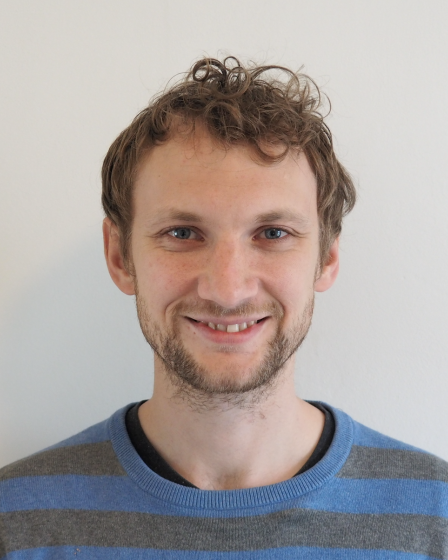It’s not uncommon for doctoral students at the Yale School of the Environment (YSE) to be well traveled upon arrival. Peter Berrill ’21 PhD is a good example: from Ireland, with stops in the Netherlands, Austria, Japan and Norway through his studies.
But a trumpeter with the National Symphony Orchestra of Ireland? That sounds different.
“I still play a little bit,” admits Berrill, “just not as seriously as I first intended.”
Berrill left the Royal Conservatoire of Scotland in 2009 to join a new degree program in energy engineering at the National University in Galway, Ireland, to study how energy relates to climate change and other environmental challenges, and “how we can manage an increase in global energy demand without the environment being degraded.”
After graduating, he joined an Erasmus Mundus exchange masters program through the European Union that enabled him to study industrial ecology at institutions across the globe, eventually completing his master’s thesis at the Norwegian University of Science & Technology (NTNU). It was there Berrill partnered with Edgar Hertwich, an expert on industrial ecology who would soon become a faculty member at YSE.
“It was a formative experience,” Berrill said of conducting research with Hertwich and his research team at NTNU. “It helped me make up my mind to continue researching in a PhD program.”
After taking a year off to play music and consider his future, Berrill followed Hertwich to YSE — the only PhD program he applied for. “This was the only place I wanted to go,” he said of YSE.
“Doctoral students here are very lucky. We have tremendous flexibility; we make a research proposal and we can create our own research path. We don’t have the requirement to secure outside research funding, so we can really focus on developing our research agenda and the challenges that we want to tackle from day one.”
Class of ’21 Student Profiles
Berrill focused his doctoral research at YSE on residential energy systems in the U.S. and their effect on greenhouse gas emissions. He partnered with Hertwich and
Ken Gillingham, associate professor of economics at YSE,
co-authoring two major studies on residential energy usage and housing in the U.S.
He credits Gillingham’s scrupulous “attention to detail” and care for selecting the right type of model for statistical analysis with sharpening his research skills. He also recognizes the “steady heads” of other doctoral students and postdocs within
Yale’s Center for Industrial Ecology for aiding in his development as a researcher. “There were many tips, discussions and chances for collaboration that I will certainly take with me,” said Berrill.
Upon finishing his PhD, Berrill will head to the Technical University of Berlin to work with
Dr. Felix Creutzig on a Marie Curie research fellowship. There, he will dive deeper into the connection between buildings and transport to understand how these two sources of energy demand are related, and develop new approaches for assessing opportunities for reducing greenhouse gas emission through urban development.
To tackle these immense challenges, Berrill said he will take what he learned as a PhD student with him. “I’ve learned how to take a semi-abstract idea and transform that into a manageable set of research tasks. You can only do so much of that on your own, so you need to be able to collaborate with other researchers to find the data, decide on the modeling approach, and many other small details.”
“When you come to the end of the research,” he said, “you can then turn what you find into useful information that can influence policy and inform meaningful change.”
And, like any good musician, his keen ear will help him as he moves forward. “The voices of Ken and Edgar — I’ll certainly be taking those with me, as well.”

